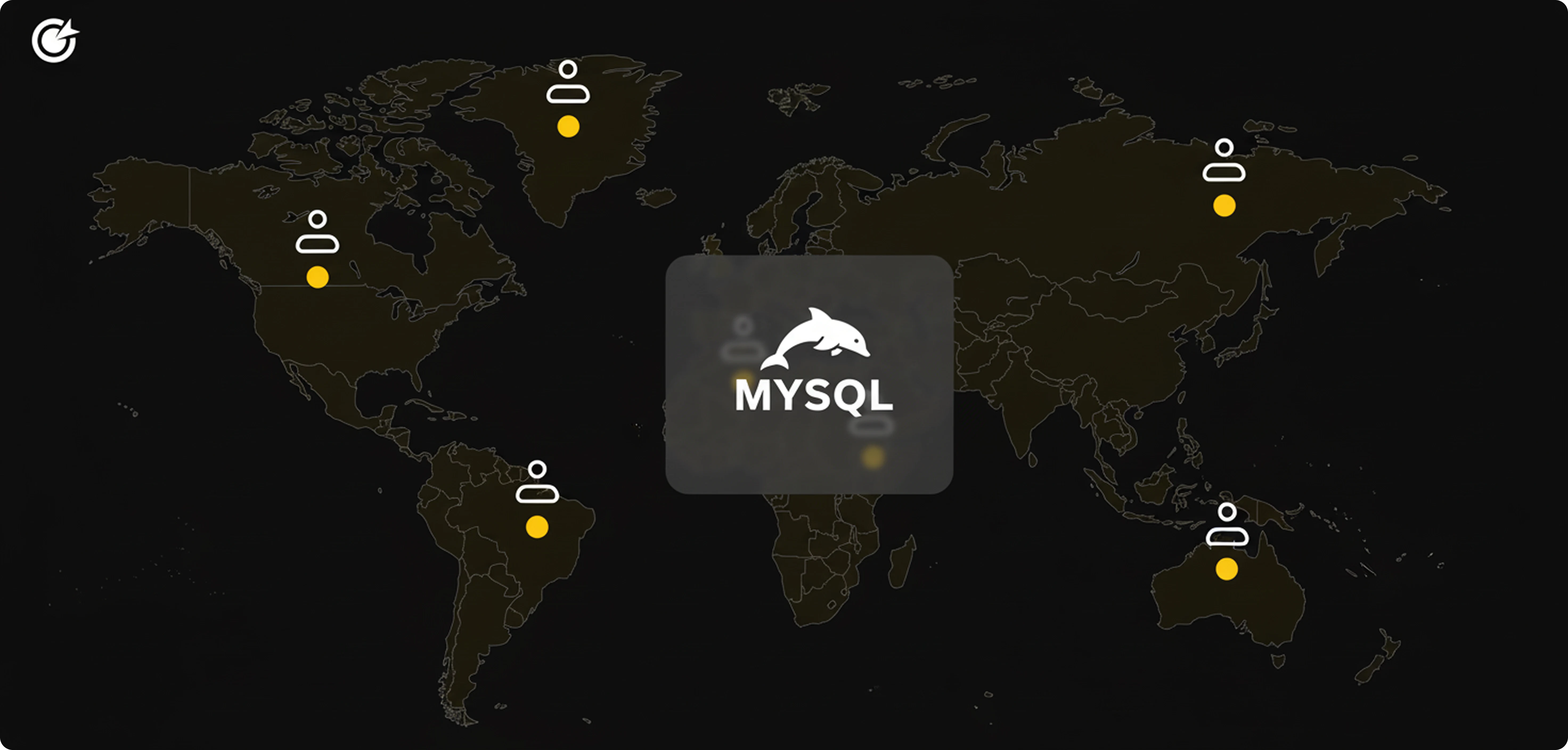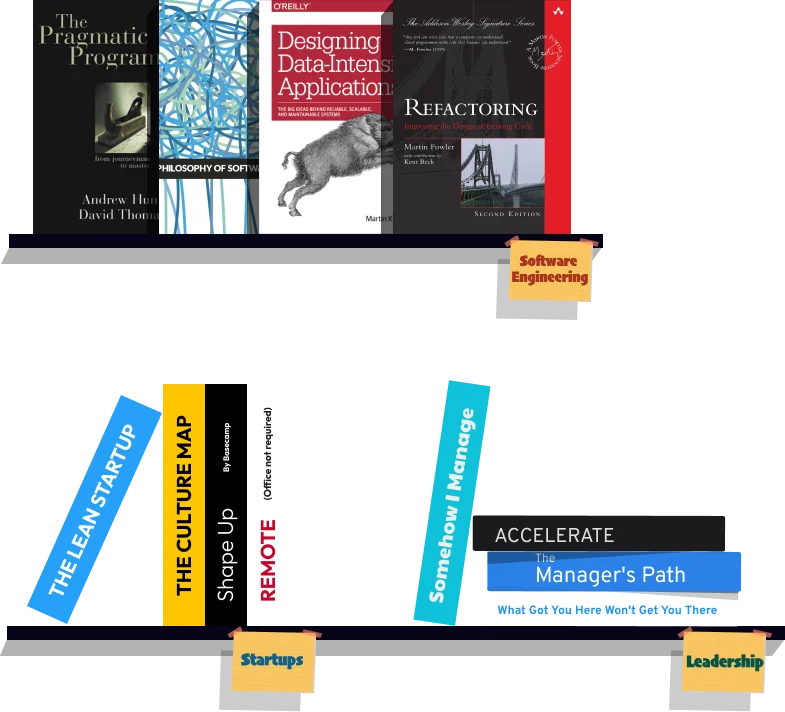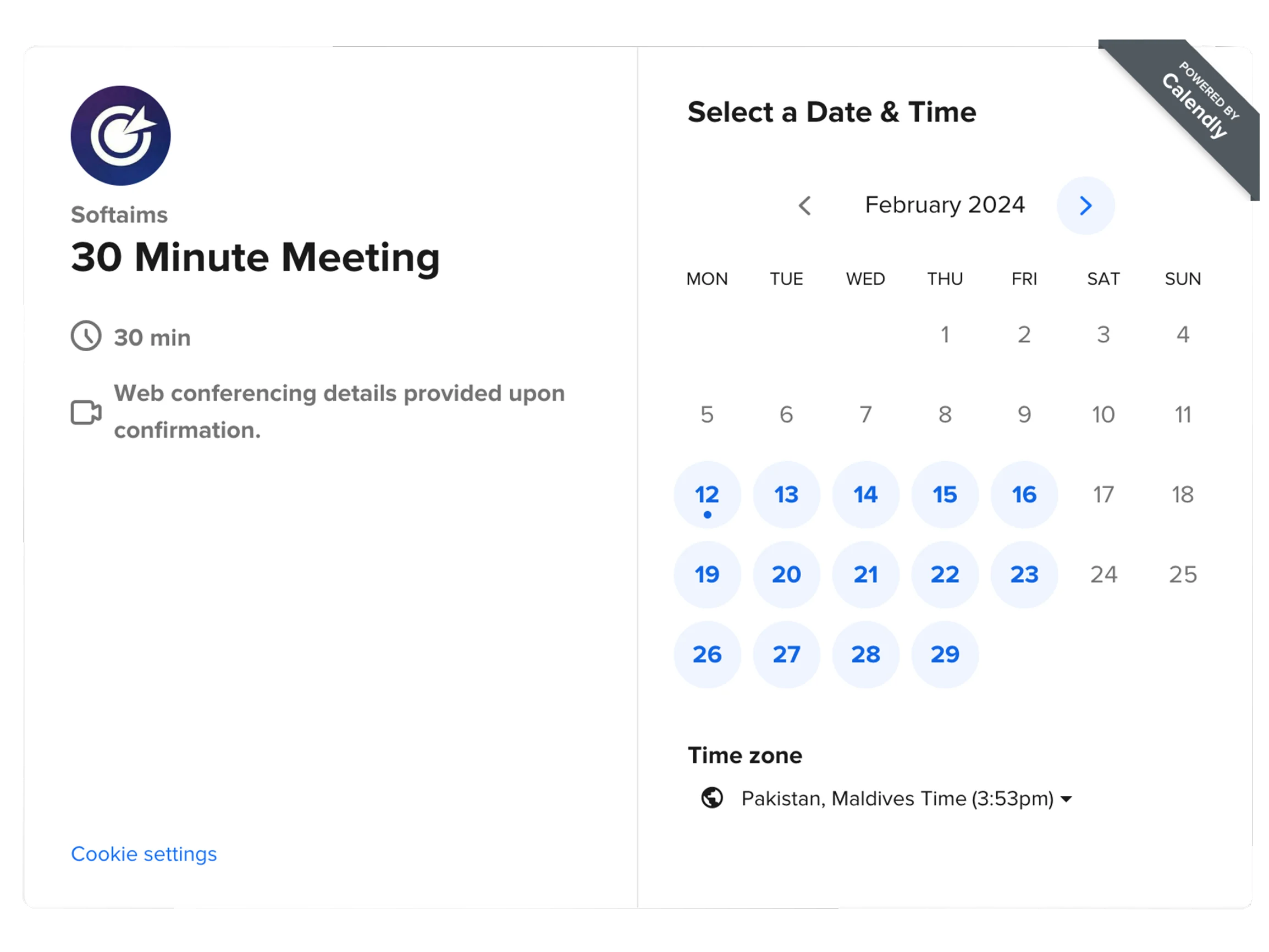The Foundation of The Web's Data MySQL
A developer with deep MySQL expertise is a backend engineer or database administrator who builds and manages the data layer of an application using the world's most popular open-source relational database. They are responsible for designing, building, and maintaining the systems that store and retrieve an application's data with reliability, security, and performance.

Hiring for this skill means bringing in a professional who understands that a well-architected database is the bedrock of a scalable and stable application. Their expertise is crucial for ensuring data integrity and for building the high-performance data foundations that power a massive portion of the web, from small blogs to the largest internet properties.
Advanced SQL and Query Optimization
A top-tier candidate must have a deep and masterful command of SQL. This goes far beyond basic SELECT, INSERT, and UPDATE statements. They must be experts at writing complex and highly-optimized SQL queries, including multi-table JOIN operations, subqueries, and common table expressions (CTEs).
Furthermore, they must be obsessed with performance. A key skill is the ability to use the EXPLAIN statement to analyze a query's execution plan, identify performance bottlenecks like full table scans, and then optimize the query or the underlying table structure to ensure it runs as efficiently as possible.
Database Design and Normalization
A proficient MySQL developer must be an expert at data modeling and database design. They need to be able to translate complex business requirements into a logical and efficient relational schema. This requires a deep understanding of database normalization principles (at least up to the third normal form) to reduce data redundancy and ensure data integrity.
This includes the ability to choose the correct data types for each column (e.g., choosing between VARCHAR and TEXT), define primary and foreign key constraints to enforce relationships, and use other constraints like UNIQUE to maintain the quality of the data. A well-designed schema is the foundation of a healthy database.
Indexing Strategies
The key to a high-performance database is a well-thought-out indexing strategy. A skilled developer must have a deep understanding of how indexes work in MySQL and how to use them to dramatically speed up query performance. They need to be able to identify slow queries and add the appropriate indexes to support them.
They should be able to create a variety of index types, including single-column, composite (multi-column), and full-text indexes. The ability to create a covering index, which allows a query to be satisfied entirely from the index without having to read from the table, is a key skill for optimizing read-heavy workloads.
Storage Engines and Transactions
MySQL supports multiple storage engines, and a knowledgeable developer must understand the difference between the most common ones, particularly InnoDB and MyISAM. They must know that InnoDB is the default and provides critical features like transaction support and row-level locking.
A deep understanding of database transactions and the principles of ACID (Atomicity, Consistency, Isolation, Durability) compliance is essential. They should be able to manage transactions within their application code to ensure that a series of operations either all succeed or all fail, which is crucial for maintaining data integrity.
Stored Procedures, Triggers, and Functions
For encapsulating business logic directly within the database, a developer should be proficient at writing and managing server-side code. They must have experience writing stored procedures, triggers, and user-defined functions using MySQL's procedural language.
These features allow for the execution of complex operations on the database server itself, which can reduce network traffic and ensure that critical business logic is executed consistently. For example, a trigger can be used to automatically update an audit log every time a record is changed in a critical table.
Security and User Management
Data security is a paramount concern, and a candidate must have a strong understanding of MySQL's security model. They need to be experts at creating user accounts and using the GRANT and REVOKE statements to manage permissions with a high degree of granularity.
They must be able to apply the principle of least privilege, ensuring that application users only have the permissions they absolutely need to perform their tasks. They should also be well-versed in best practices for preventing common vulnerabilities like SQL injection within their application code.
Replication and High Availability
For any production system, high availability is a critical concern. An experienced developer should have a solid understanding of MySQL's replication capabilities. They need to be familiar with the concept of setting up a source-to-replica (formerly master-slave) replication to create one or more read-only copies of the database.
This knowledge is crucial for designing a system that can provide read scaling by directing query traffic to the replicas. It is also the foundation of a high-availability solution that can fail over to a replica if the source server becomes unavailable. This is an essential skill for building resilient applications.
Backup and Recovery Strategies
A developer must have a solid understanding of database backup and recovery procedures. They are the guardians of the data, and they need to have a plan for what to do when things go wrong. They should be proficient with standard tools like mysqldump for creating logical backups of the database.
They should also be familiar with the concept of point-in-time recovery using the binary log. Most importantly, they should have a clear and tested strategy for restoring a database from a backup in a disaster recovery scenario, as this is critical for business continuity.
Application Integration
A database is only useful when an application can connect to it. A MySQL developer must be proficient at using the appropriate database connectors and drivers for their primary backend language, such as mysql-connector-python for Python or the JDBC driver for Java. They should know how to manage a connection pool to handle connections efficiently.
They should also be comfortable working with an Object-Relational Mapper (ORM), which is a common way for application code to interact with the database. However, they should also be able to drop down to raw SQL when necessary for performance or complexity, and understand the trade-offs of using an ORM.
How Much Does It Cost to Hire a MySQL Developer
The cost to hire a developer with deep MySQL expertise, typically a senior backend engineer or a DBA, is competitive and reflects the database's ubiquity in the web development world. The salary is influenced by their geographic location, overall years of experience, and their proficiency in performance tuning, security, and high-availability setups.
The following table provides an estimated average annual salary for a senior developer with strong MySQL skills to illustrate these global differences.
| Country |
Average Annual Salary (USD) |
| United States |
$125,000 |
| United Kingdom |
$80,000 |
| Germany |
$78,000 |
| Canada |
$95,000 |
| Australia |
$90,000 |
| Poland |
$55,000 |
| Ukraine |
$50,000 |
| India |
$35,000 |
| Brazil |
$45,000 |
| Egypt |
$30,000 |
When to Hire Dedicated MySQL Developers Versus Freelance MySQL Developers
Hiring a dedicated, full-time MySQL developer or DBA is the right choice when the database is a core, mission-critical component of your business. A dedicated expert will take long-term ownership of the data architecture, performance, security, and reliability of your primary data store. This is an essential role for any data-intensive application.
Hiring a freelance MySQL consultant is a highly effective tactical decision for specific, well-defined projects. This is an ideal model for migrating a database to a new server, getting an expert performance audit and query tuning session, or designing the initial schema for a new project. Freelancers can provide a burst of world-class expertise on demand.
Why Do Companies Hire MySQL Developers
Companies hire MySQL developers because it is the world's most popular open-source relational database. It is battle-tested, reliable, easy to use, and has a massive community and a wealth of documentation. It is the "M" in the legendary LAMP stack that powers a huge portion of the web, including massive properties like Facebook and the world's most popular CMS, WordPress.
Its combination of being free, open-source, fast, and reliable makes it an incredibly pragmatic and cost-effective choice for businesses of all sizes, from startups building their first product to large enterprises running mission-critical applications. The huge global talent pool also makes it easier to hire and build a team compared to more niche database technologies.
In conclusion, hiring a top-tier MySQL developer means finding an engineer who has a deep and passionate commitment to data integrity, performance, and reliability. The ideal candidate will combine a mastery of advanced SQL and database design with the practical skills needed to administer, secure, and scale a production database. By prioritizing these skills, organizations can build the rock-solid and high-performance data foundation that is essential for any successful and scalable web application.



































